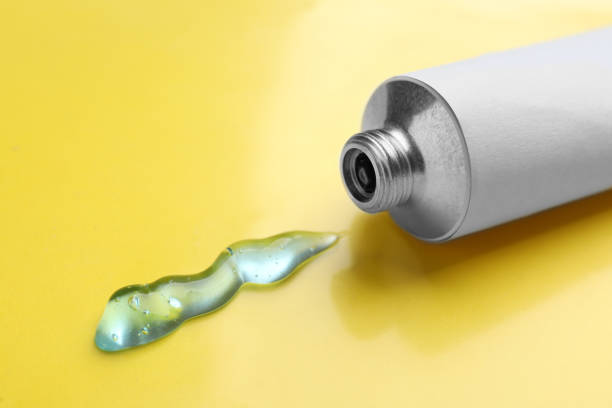Bacitracin is a generic antibiotic that fights bacteria; it is a topical medication for the skin and is used to prevent minor skin infections from small scrapes, cuts or burns. The drug stops the growth of certain bacteria and prevents them from causing infections.
However, Bacitracin is not meant for serious skin infections, deep cuts, severe burns, animal bites, or use on large body areas.
How to use Bacitracin
This medication is relatively easy to use and doesn’t have a specific dosage; clean the affected areas and apply it in small quantities on the surface of the affected area. Do this 1 to 3 times daily and cover the area with a sterile bandage. If the condition doesn’t improve in a few days, you must seek medical attention.
Side Effects
Bacitracin usually has no side effects, and it is well tolerated by most people if used moderately, but if you notice any unusual effects or changes in the affected area, let your doctor or pharmacist know as soon as possible.
Using this medication for repeated or prolonged periods may cause other infections and make it less effective for future use. Seek medical advice if your condition doesn’t improve or if you notice any skin symptoms.
Some allergic reactions you may notice include itching and swelling, rash, difficulty breathing, severe dizziness, hives and so on.
Precautions
Do not use Bacitracin if you are allergic to mineral oil or petroleum gel. Also, do not use this drug to treat puncture wounds, deep cuts, animal bites, severe burns and other serious injuries that should get adequate medical attention.
Confirm with your doctor if you are unsure whether this medication is appropriate for your condition. Bacitracin doesn’t usually cause harm to unborn babies, so it is said to be safe for pregnant women. However, it is not sure if it can pass into breast milk and harm a nursing baby, so if you are pregnant or breastfeeding, ask your healthcare provider before using it.



